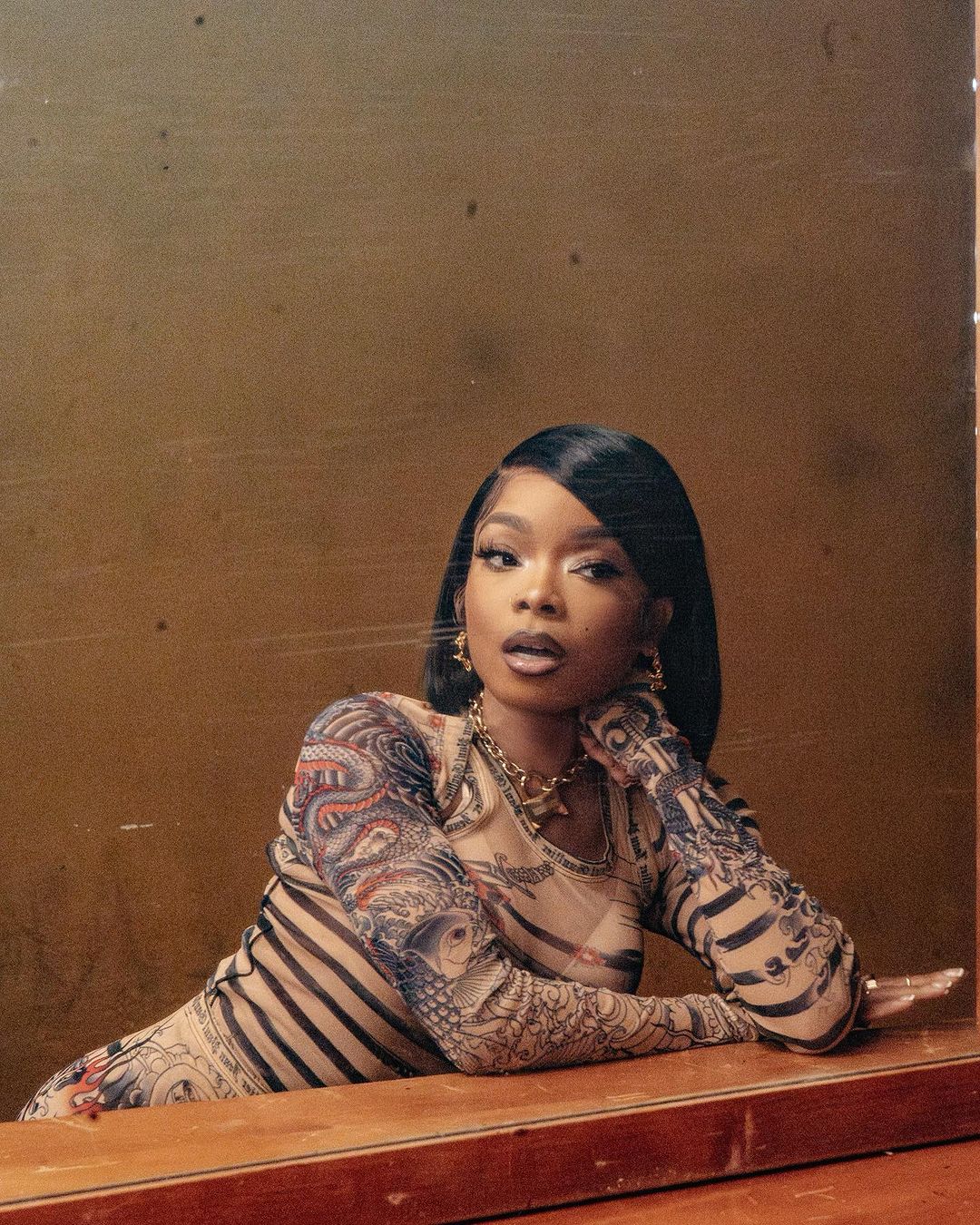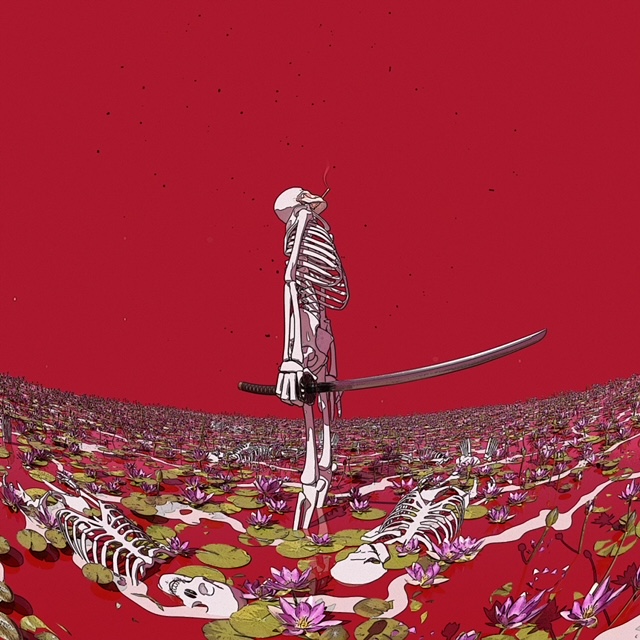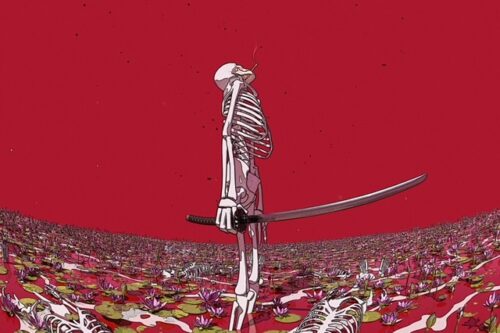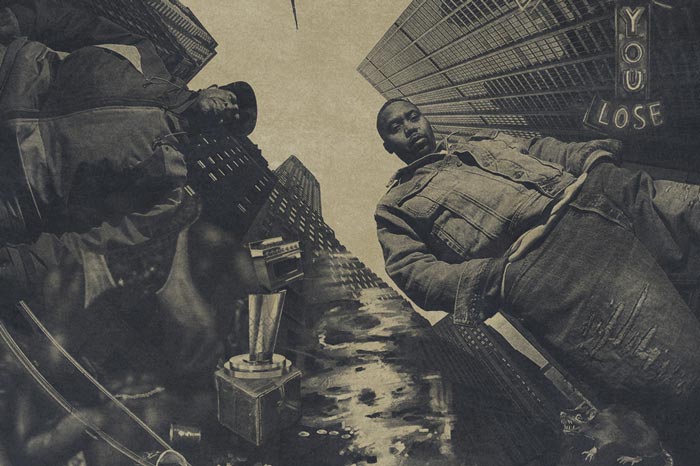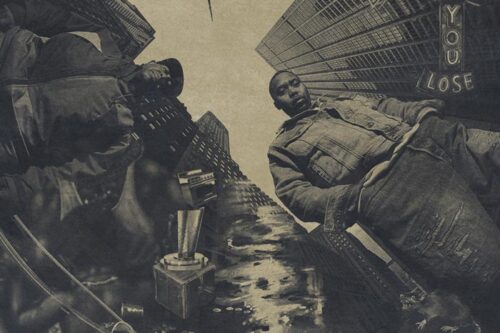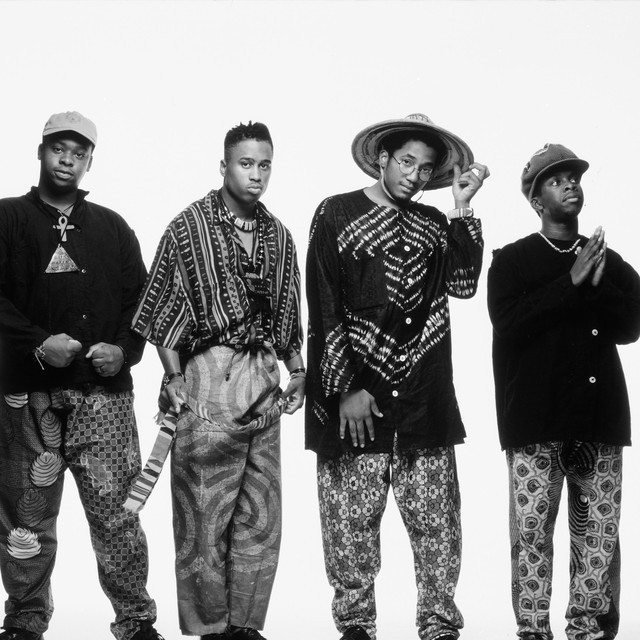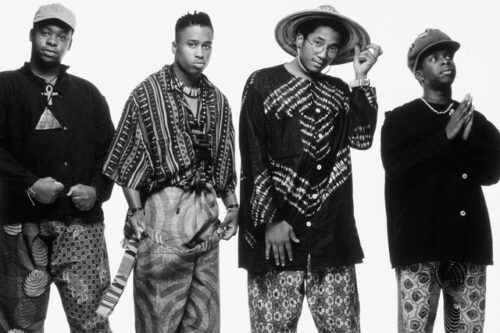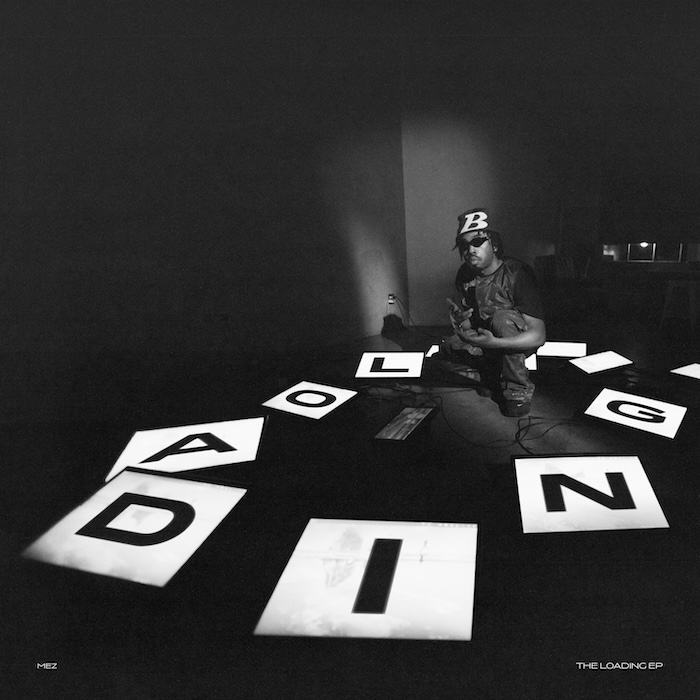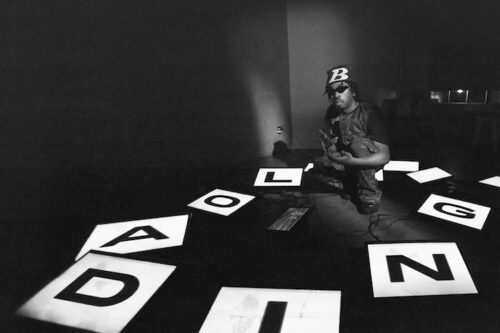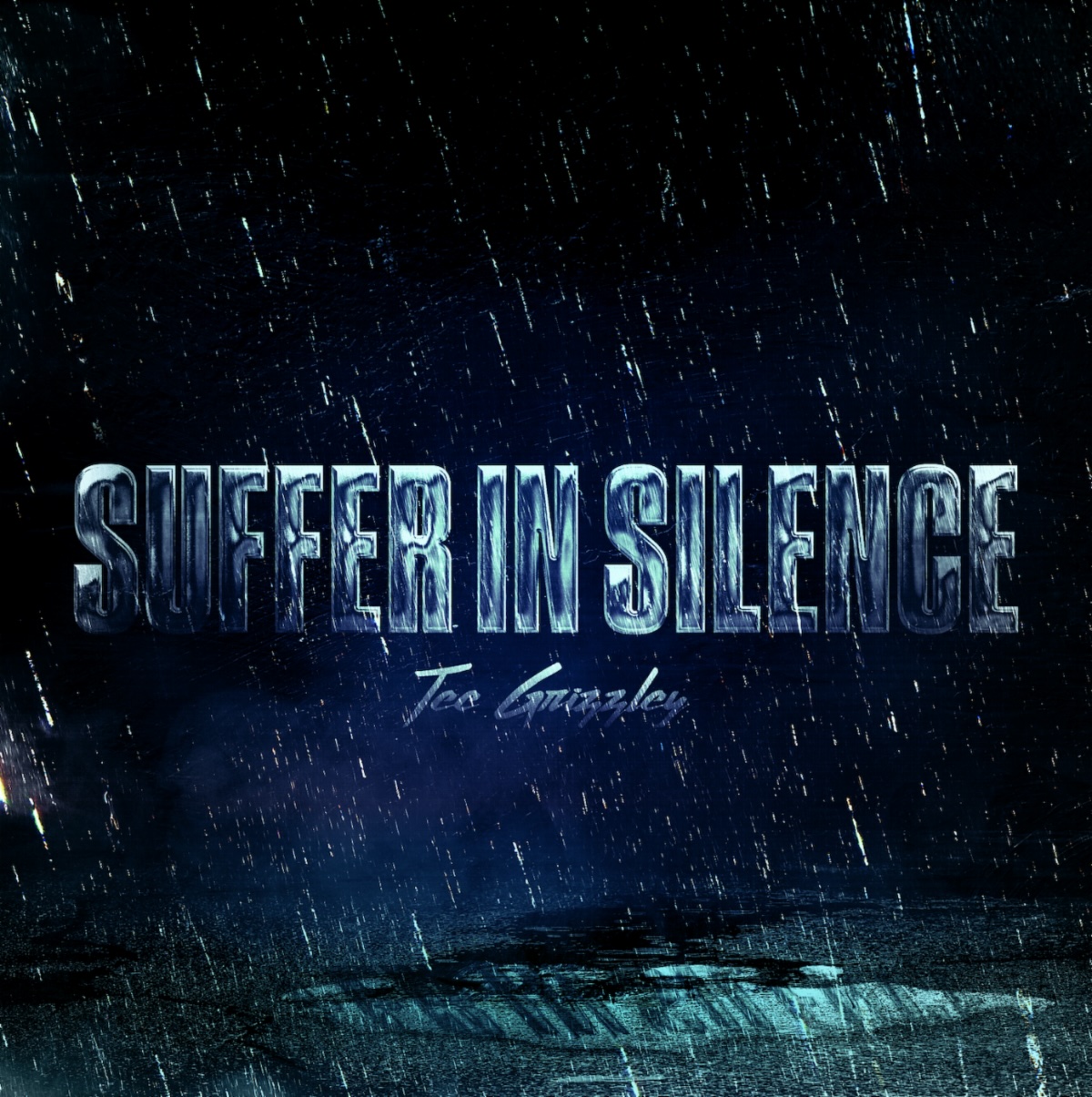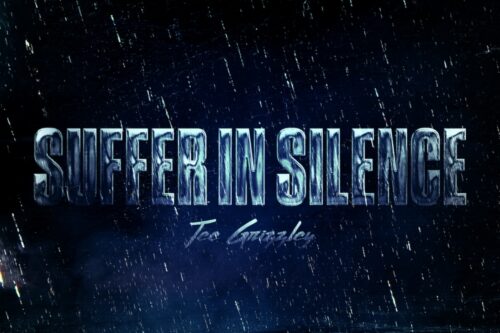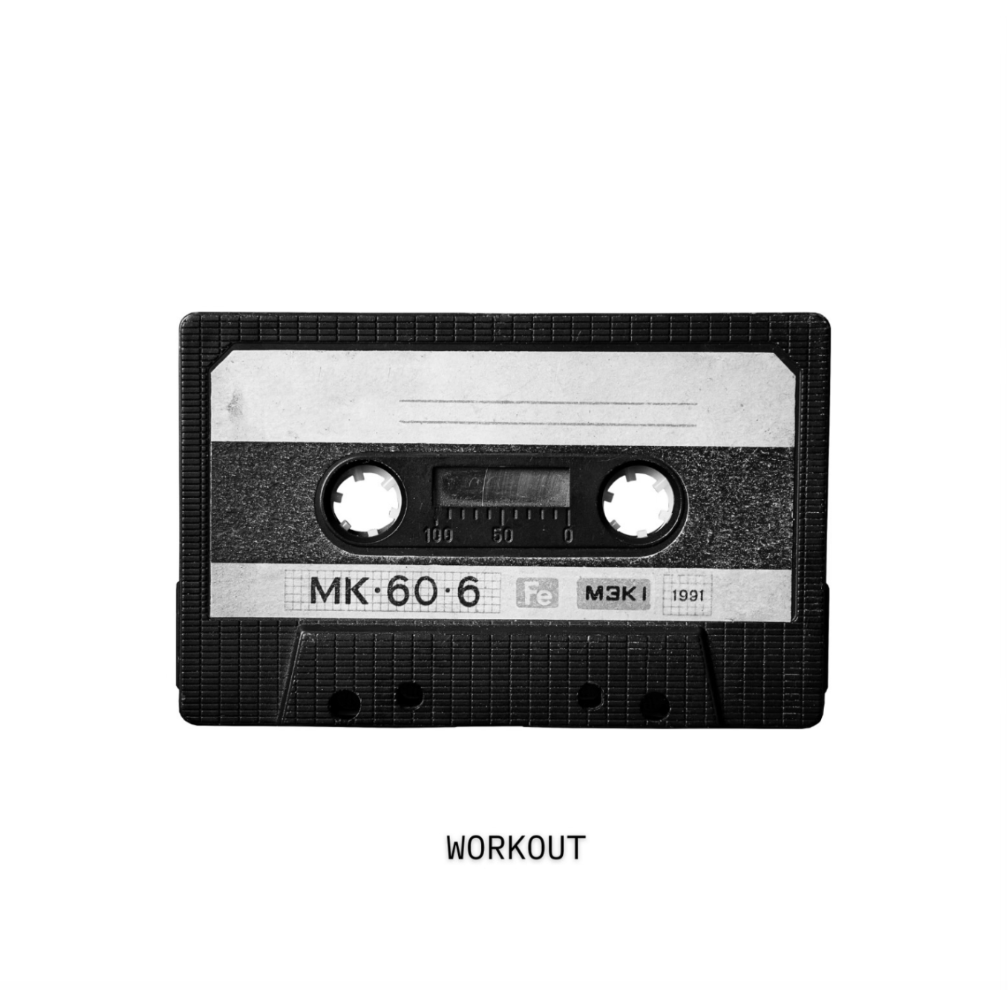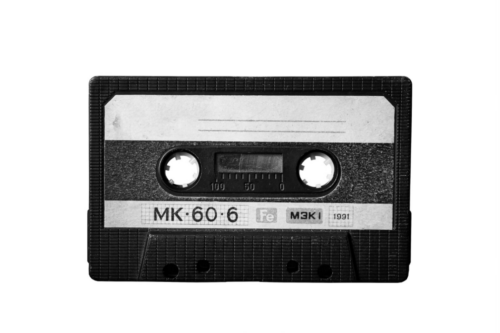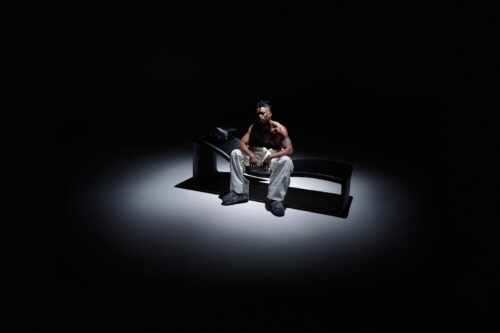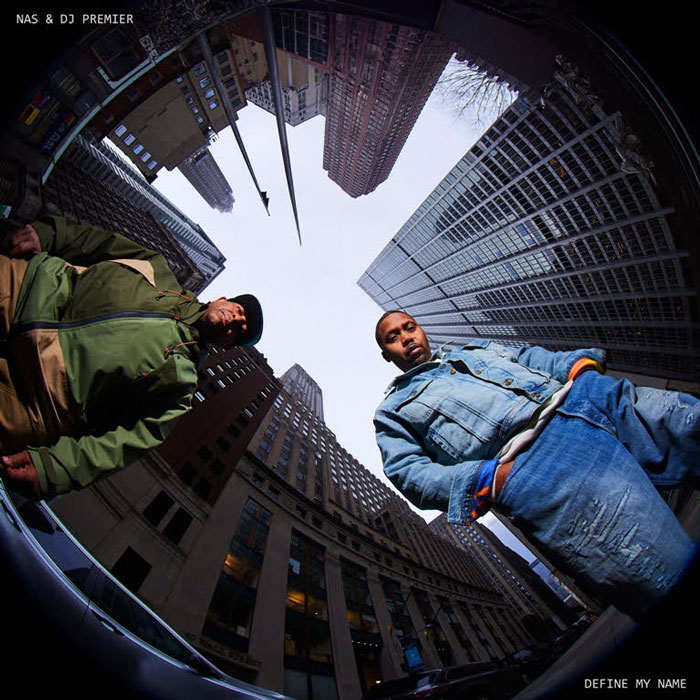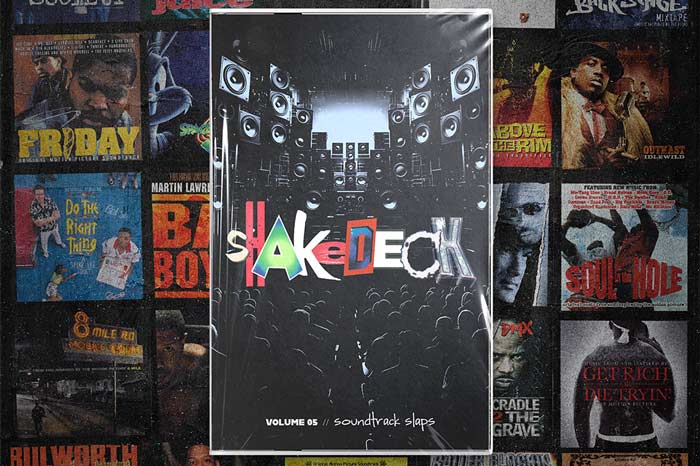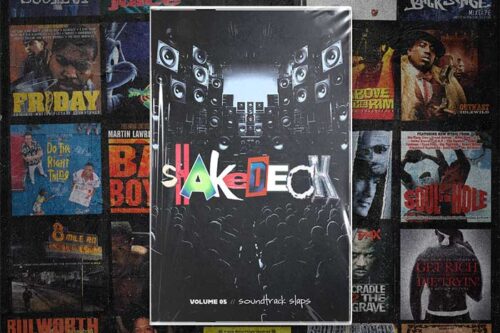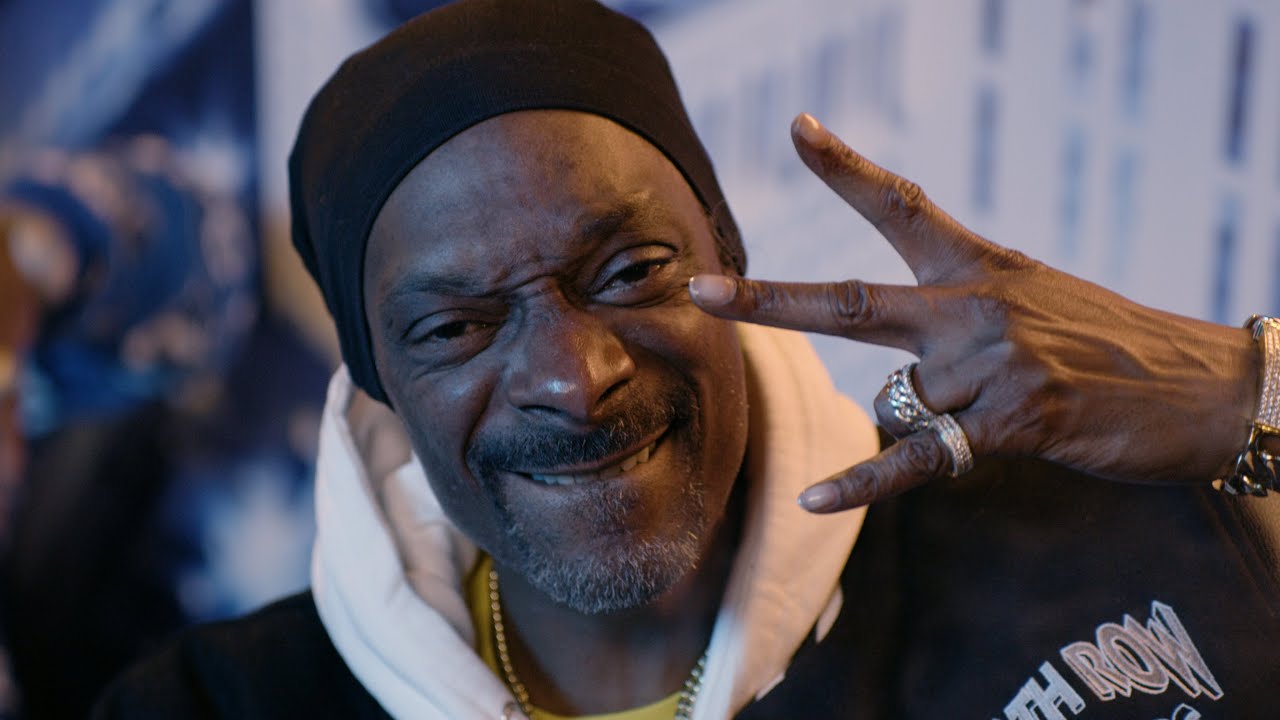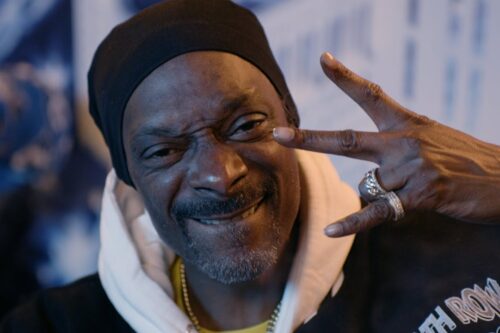
Having the first crack at Drake before the impending Nothing Was the Same promo campaign is something I’m sure GQ is honored to receive. And after revealing the cover to their upcoming issue, Gentlemen’s Quarterly puts up their full cover story. Which has the Toronto rapper speaking about Chris Brown, rappers taking shots (“You notice they don’t criticize the music itself, though…I’m okay with that.”), “Started From The Bottom” and his struggles growing up and drawing inspiration from Marvin Gaye’s 1978 double-album Here, My Dear.
As for my whole story, I wouldn’t change a thing. I’ve told bits and pieces of it—and I’ll tell more. Maybe because I had friends who grew up in the hood, I could have acted like I had, too, and perpetrated a different lifestyle, and it would be eating away at me because it wouldn’t be the truth. I’m actually here in front of you living the truth. I wake up in the morning and my heart is light, man. It’s not heavy. I don’t have skeletons in the closet on their way out. This is my real age, my real name, my real past, and I’m good with that. No—I’m grateful for that.
The conversation then leads to the studio where Drake and 40 discuss the new album, saying they are “four songs in” including a track called “Tuscan Leather” that writer Michael Paterniti describes below…
“I ain’t gonna lie: I want to be the one you listen to this summer,” he says.
If in the past Drake had any reservations about playing bigger venues—about being able to energetically fill those venues while yearning for the days of mixtape intimacy—those doubts have been dashed now. “I fully accept I’m an arena-touring act,” says Drake. “When I’m writing, I’m thinking about how the songs are going to play live. Fifty bars of rap don’t translate onstage. No matter how potent the music, you lose the crowd. They want a hook; they want to sing your stuff back to you. That’s why on this album I’ve been trying to condense my thoughts to sixteen-bar verses. There’s something to be said for spacing out the lines, to infiltrate people’s minds.”
Drake and 40 swivel at the same time and start tapping the keys of their laptops, cuing up the first track off of Nothing Was the Same, a song called “Tuscan Leather”—a title, Drake tells me, named for a Tom Ford fragrance that some say smells like a brick of cocaine.
The truth is I have no idea what to expect. The paradox of Drake is that he’s so multiple, he might write a love song sung by an Idol contestant (“Find Your Love”) or something so raunchy you can’t play it for kids (“Practice”). He could be rhyming about the kingdom of his material world, and then crooning about his spiritual state. He’s a mama’s boy who’ll cut you up, though his tough-guy posturing seems occasionally halfhearted because, after all, he seems so kind of…decent.
Now comes the music, in a sudden blast, like green light through fog, the first notes strange and dissonant, in a lurching 3/4 beat. The intro hurtles and whiplashes, and a woman’s voice, as if on helium, floats through the chaos, in the highest register, sorta funny and ghostly and beautiful. (It turns out to be a Whitney Houston sample.) The sound is an evocation of something that feels nostalgic and new, exuberant and menacing, at once. Which is when Drake’s voice breaks through, rapping, pumped up, spitting nails. Both inside and outside the song itself, he keeps repeating, How much time’s this nigga spending on the intro? How much time’s this nigga spending on the intro? It feels like bedlam.
All the while, the real Drake sits with his eyes closed across the room, moving his lips, rapping to himself rapping. There’s a verse, and then an as-yet-empty spot for a guest rap, and then Drake comes back under Whitney’s helium voice. This time the words shift, as does the beat, becoming more sinuous and personal. Rising underneath the music, too, is a gentler keyboard riff, and by the time the third verse ends, the song rivers into a soft, ambient landscape that includes crowd noise and then, eventually, a voice—Curtis Mayfield’s, at the end of a 1987 concert in Montreux—saying, “Having the same fears, shedding similar tears, and of course dying in so many years, it don’t mean that we can’t have a good life.”
READ: How To Drake It In America [GQ]

